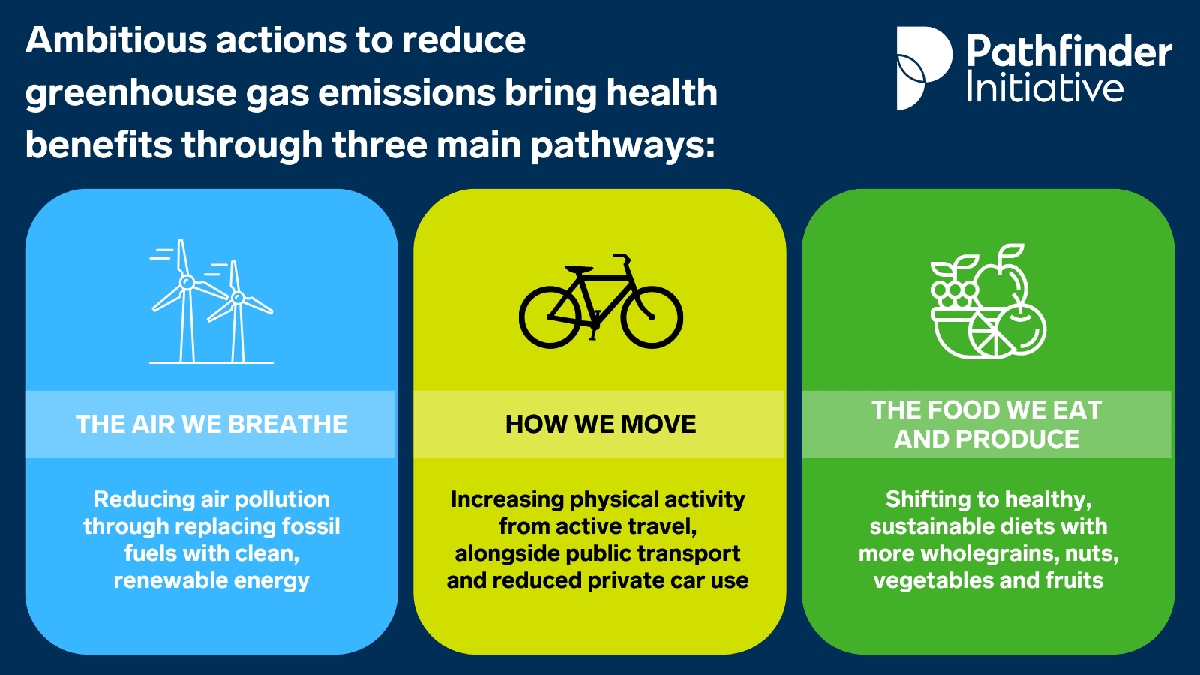
Powering Tomorrow: Building a Sustainable Solar System
The quest for sustainability extends beyond everyday choices into the realm of energy. Creating a sustainable solar system offers a transformative solution that aligns ecological well-being with energy independence. This article explores the principles and advantages of building a sustainable solar system.
Understanding Sustainable Solar Systems
A sustainable solar system involves harnessing energy from the sun in a way that minimizes environmental impact and supports long-term energy needs. By integrating solar panels and associated technologies, individuals and businesses can tap into a clean and renewable energy source, reducing reliance on conventional power grids.
Eco-Friendly Power Generation
At the core of a sustainable solar system is the eco-friendly generation of power. Unlike traditional energy sources that contribute to pollution and climate change, solar power harnesses energy from the sun without emissions. This eco-friendly approach helps mitigate environmental impact and supports a transition to cleaner energy alternatives.
Energy Independence through Solar Panels
Solar panels, the key components of a sustainable solar system, offer the promise of energy independence. By capturing sunlight and converting it into electricity, solar panels enable homes and businesses to generate their own power. This reduces dependence on external energy sources, providing resilience during power outages and contributing to a decentralized energy landscape.
Reducing Carbon Footprint with Solar Energy
Adopting solar energy significantly reduces the carbon footprint associated with energy consumption. Traditional energy sources, such as fossil fuels, release carbon dioxide and other pollutants into the atmosphere. Solar energy, being a clean and renewable resource, plays a vital role in lowering greenhouse gas emissions and combating climate change.
Financial Advantages of Solar Systems
Beyond the environmental benefits, a sustainable solar system can lead to financial advantages. While the initial investment in solar panels and installation may seem substantial, the long-term savings on energy bills often outweigh the upfront costs. Many governments also offer financial incentives, tax credits, and rebates to further enhance the economic viability of solar installations.
Storage Solutions for Continuous Power
One challenge with solar power is its intermittent nature. Sustainable solar systems address this by incorporating energy storage solutions, such as batteries. These batteries store excess energy generated during sunny periods, providing a continuous power supply even when the sun is not shining. This enhances the reliability and effectiveness of solar energy systems.
Adapting Solar Systems for Different Needs
Sustainable solar systems are highly adaptable and can be tailored to meet diverse energy needs. From residential rooftops to large-scale solar farms, the scalability of solar systems allows for integration across various settings. This adaptability makes solar energy accessible for individuals, businesses, and communities alike.
Innovations Driving Solar System Efficiency
Ongoing innovations in solar technology continue to enhance the efficiency and affordability of sustainable solar systems. Advances in solar panel design, energy storage solutions, and smart grid technologies contribute to the overall effectiveness of solar energy systems. Staying informed about these innovations empowers individuals to make strategic choices for sustainable living.
Community Impact and Solar Initiatives
Beyond individual installations, community-based solar initiatives amplify the impact of sustainable solar systems. Shared solar projects, community solar gardens, and collaborative efforts foster a sense of collective responsibility and make solar energy accessible to a broader population. These initiatives contribute to building a more sustainable and interconnected energy infrastructure.
Building a Sustainable Future with Solar Energy
In conclusion, building a sustainable solar system is not just about generating power; it’s a step towards shaping a more sustainable future. By embracing solar energy, individuals and communities contribute to environmental preservation, energy independence, and a cleaner, greener world. Explore more about Sustainable Solar Systems at SolarHelp.info for a comprehensive guide to harnessing the power of the sun for a sustainable tomorrow.

